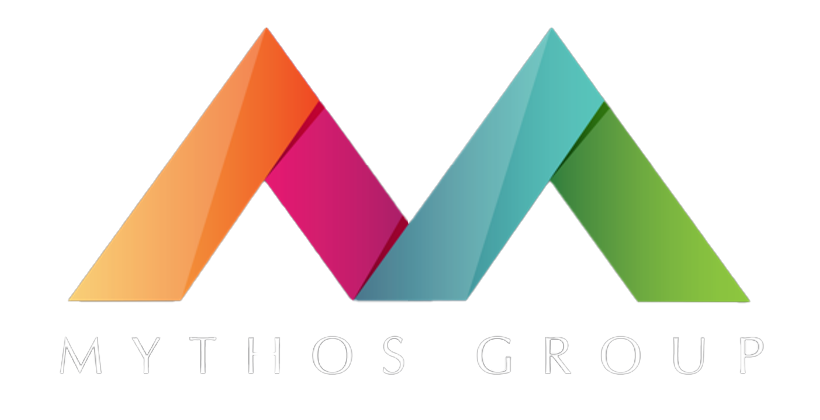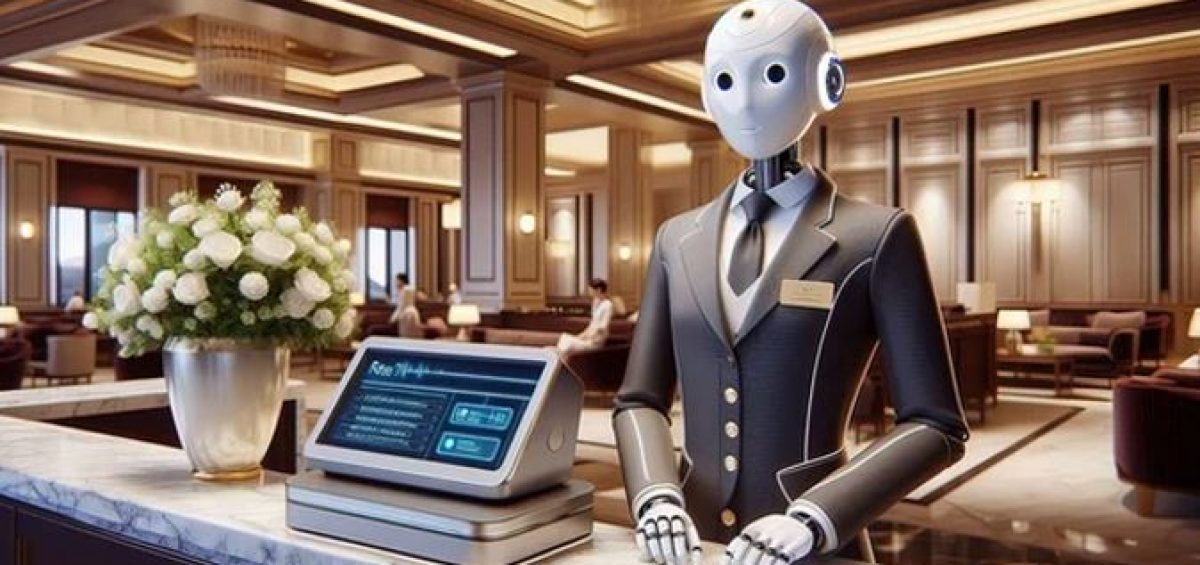Marriott spent $1.2 billion on AI technology in 2024. Less than 30% of AI leaders report their CEOs are satisfied with AI investment returns.
Meanwhile, 72% of hotel managers report that inaccurate demand forecasting leads directly to pricing mistakes and missed revenue opportunities. Yet most companies are still investing in chatbots instead of revenue management systems.
The brutal reality: hotels pursuing flashy customer-facing AI are burning capital while competitors build unshakeable pricing advantages through operational intelligence. This isn’t about technology adoption. It’s about fundamental business strategy disguised as an IT decision.
The Revenue Management Revolution
Revenue management isn’t just winning the AI race in hospitality. It’s creating an entirely new competitive landscape. Marriott’s AI-powered revenue optimization system processes internal booking data, competitor pricing, and market conditions to adjust rates in real-time, delivering 8-10% RevPAR improvements that translate directly to bottom-line results.
This represents more than operational improvement. It’s algorithmic competitive advantage that competitors cannot reverse-engineer. The compounding mathematics are powerful: hotels implementing advanced revenue management systems saw an average 4-7% increase in RevPAR, but the real magic happens afterward. These revenue improvements generate cash that funds additional investments while rivals struggle with suboptimal pricing strategies.
AccorHotels has deployed similar systems across their European portfolio, adapting algorithms to local market nuances while maintaining operational consistency across properties. They understood what many hospitality executives miss entirely: revenue-generating applications build proprietary advantages that become more valuable over time, while cost-saving automation gets commoditized within months.
The predictive maintenance opportunity offers different but equally compelling value creation. Hotels implementing IoT sensors combined with machine learning algorithms report 30% reductions in unplanned maintenance events. But the real value transcends cost savings – a broken elevator during your busiest weekend doesn’t just cost money, it destroys guest experience and online reputation.
Customer segmentation through AI fundamentally transforms distribution economics in ways that create lasting competitive advantages. Hilton’s analysis of booking patterns, preference data, and stay history resulted in a 30% increase in direct bookings through personalized campaigns. When you consider that hotels typically lose 15-25% of revenue to online travel agencies, direct booking optimization becomes worth billions industry-wide.
The Expensive Distractions
Let’s address the uncomfortable truth about where most hospitality companies are actually spending their AI budgets. Chatbots and virtual assistants dominate vendor presentations and executive committee discussions despite being hospitality’s most oversold AI application.
Guests don’t simply want information. They want to feel valued and understood, especially when service failures occur. AI chatbots handle routine inquiries adequately but fail spectacularly at service recovery and complaint resolution. A frustrated guest whose reservation was lost doesn’t need algorithmic responses generated by natural language processing. They need human empathy, creative problem-solving, and genuine care.
Hotels that over-automate these critical interactions risk commoditizing their service offerings precisely when travelers increasingly crave authentic experiences that justify premium pricing. These applications provide no sustainable competitive advantage since competitors can deploy similar technology within months.
Facial recognition technology presents an even more problematic risk-reward equation. While Marriott’s pilot program in China demonstrated some efficiency gains for check-in processes, the European regulatory environment under GDPR significantly complicates deployment strategies. Guest acceptance varies dramatically across demographics and cultures, creating inconsistent implementation challenges.
Smart room technology epitomizes the gap between vendor demonstrations and operational reality. High implementation costs, frequent technical malfunctions, and guest frustration with voice controls that function inconsistently create negative return on investment scenarios. The capital required for comprehensive smart room deployment across a hotel portfolio could instead fund revenue management systems with proven financial returns.
The Operational Intelligence Advantage
The most promising opportunities aren’t generating headlines. They’re quietly revolutionizing hotel economics through behind-the-scenes optimization that creates sustainable moats. Energy management systems powered by machine learning algorithms can reduce utility costs by 15-20% through intelligent optimization of heating, cooling, and lighting systems across properties.
Dubai’s hospitality sector has embraced this approach with remarkable results. The St. Regis Dubai uses machine learning to predict occupancy patterns and adjust climate control accordingly, reducing energy consumption by 18% while maintaining guest comfort standards. Properties that master these systems can maintain pricing flexibility and service quality simultaneously, providing options unavailable to less sophisticated operators.
Food and beverage inventory optimization represents another substantial value creation opportunity. AI algorithms predict consumption patterns more accurately than traditional forecasting methods, reducing waste while ensuring adequate stock levels for guest satisfaction. Hotels achieving significant waste reduction through intelligent inventory management can reinvest these savings in guest experience improvements or competitive pricing strategies.
Staff scheduling optimization addresses persistent labor challenges while building sophisticated human capital management capabilities. By analyzing historical occupancy data, booking patterns, and seasonal demand trends, AI systems can optimize staffing levels across departments with precision impossible through manual methods. Hotels mastering these capabilities maintain consistent service quality with optimized labor costs.
The Competitive Threat Nobody Discusses
While hospitality executives debate chatbot implementations, online travel agencies are deploying sophisticated AI systems that threaten the fundamental economics of hotel distribution. Booking.com processes over 1.5 million bookings daily through machine learning algorithms that optimize everything from search rankings to personalized recommendations.
The uncomfortable truth: OTAs are becoming AI-first companies that happen to sell travel, while most hotels remain hospitality companies that dabble in artificial intelligence. OTAs are using AI to predict guest behavior patterns, optimize pricing strategies, and even identify which customers are most likely to book directly with hotels, then targeting them with competitive offers.
Airbnb’s AI-driven host optimization and dynamic pricing systems demonstrate how alternative accommodation providers are leveraging technology to capture market share from traditional hotels. Their algorithms optimize everything from listing visibility to pricing recommendations, creating network effects that benefit from scale advantages individual hotels cannot replicate.
The consolidation implications become clear when examining how technology capabilities influence acquisition decisions. Consider Blackstone’s $6 billion Extended Stay America acquisition, where the private equity giant specifically highlighted the chain’s revenue management systems and data analytics capabilities as key value drivers. Private equity firms increasingly evaluate AI implementation sophistication as crucial factors in hospitality transactions.
Strategic Decision Framework
The hospitality industry confronts a defining choice that will determine winners and losers for the next decade. You can continue pursuing shiny technology and vendor promises, or focus on proven applications that deliver measurable financial results while building unshakeable advantages.
Start with brutal evaluation of current investments, reallocating resources from customer-facing applications to revenue management systems that demonstrate clear returns. Launch pilot revenue optimization programs focusing on dynamic pricing capabilities while establishing governance frameworks with rigorous ROI measurement criteria.
Deploy integrated revenue management platforms that combine internal performance data, competitor intelligence, and market condition analysis for real-time pricing optimization. Implement predictive maintenance programs across critical property systems while developing customer segmentation capabilities that optimize direct booking conversion rates.
Build proprietary algorithms for pricing optimization that establish lasting differentiation while developing behind-the-scenes capabilities in energy management and inventory optimization. Focus on applications that create sustainable competitive moats rather than easily replicated customer-facing features.
At least 30% of generative AI projects will be abandoned after proof of concept by the end of 2025, making disciplined resource allocation the defining choice of this decade. The mathematics are unforgiving: companies that choose substance over spectacle will build advantages that compound daily, while others accumulate technology debt that weighs down performance for years.
The next 18 months will separate industry leaders from technology followers, substance from spectacle, vision from expensive distraction. Every day you delay, competitors gain ground that becomes harder to recover.
Your shareholders demand returns, not technology demos. Your guests expect flawless experiences, not chatbot conversations. Your competitors are already building the advantages that will define tomorrow’s market leaders.







